If you're a value-conscious investor seeking a reliable dividend payer, Kroger should be on your radar. In this article, we'll break down key points from a recent "Two-Minute Drill" by Chuck Carnival, co-founder of FastGraphs, to shed light on Kroger's fundamentals, valuation, and why it could be a smart addition to your investment portfolio.
Kroger’s Growth and Financial Health
Kroger is a prominent name in the food retail sector, demonstrating impressive historical growth rates. Since 2006, the company has maintained a growth rate exceeding 10%—a remarkable achievement for a retailer in this sector. Operating on a January fiscal year, Kroger holds a BBB credit rating, reflecting its stability despite a significant debt load.
Consistent Dividend Growth: A Key Highlight
For dividend investors, Kroger shines as a stellar example of consistent income generation. While its initial dividend yield may appear modest, the company's dividend growth has been extraordinary:
- Compound Annual Growth Rate (CAGR): Over 17% historically.
- Yield on Cost: If you had invested in 2007 with a starting yield of 1.14%, your yield on cost would have grown to over 14% by last year.
Such robust dividend growth illustrates the power of compounding and Kroger's ability to reward long-term shareholders generously.
Valuation and Earnings Insights
When evaluating Kroger, it's essential to consider its price-to-earnings (PE) ratio:
- Historically, Kroger's stock has closely mirrored a PE ratio of 15, offering opportunities for savvy investors to buy during periods of undervaluation.
- The company’s 5-year average PE ratio is slightly lower, around 13 to 14, reflecting market trends.
Currently, Kroger is trading at fair value, with an estimated growth rate of 7%. This makes it an attractive option for investors seeking a balance of growth and income in their portfolios.
Operating Cash Flow and Margins
Kroger’s ability to cover dividends with operating cash flow is another reassuring factor. Despite its low margins—averaging between 1.5% and 2%—the company's consistent revenue streams from frequent customer visits ensure steady cash flow and growth.
Why Kroger Could Be a Smart Buy
Kroger's track record of consistent dividend payments, fair valuation, and growth potential makes it a compelling choice for dividend and value investors alike. While low margins are a challenge in the grocery retail sector, Kroger’s robust fundamentals and resilience in a competitive market position it as a solid income-producing stock.
Final Thoughts
Whether you're a seasoned investor or just starting out, tools like FastGraphs can help you analyze companies like Kroger more effectively. As Chuck Carnival aptly puts it, "FastGraphs are the value investor's best friend."
If you're looking for a reliable dividend payer that's reasonably valued, Kroger deserves your attention. Stay informed, stay invested, and remember—long-term success starts with sound valuation principles.
For more insights into valuation and investing strategies, consider subscribing to FastGraphs. With its detailed analytics, you can make smarter investment decisions for the long haul.
Disclaimer: This article is for informational purposes only and does not constitute financial advice. Always consult a professional before making investment decisions.
https://youtu.be/Ld-OqKcGW1I?si=dbSwRQavPWnPmTJe
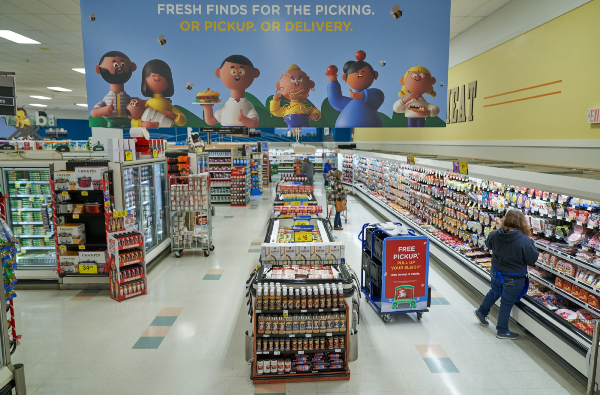



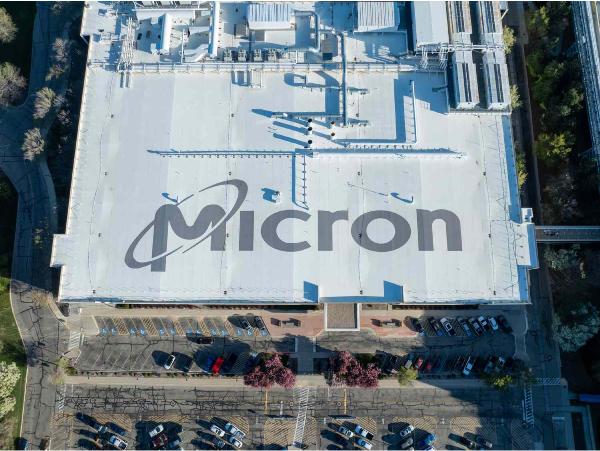

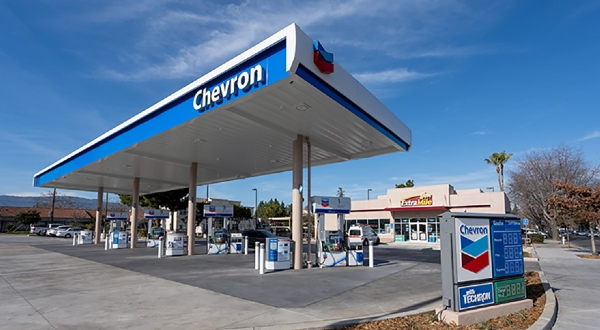
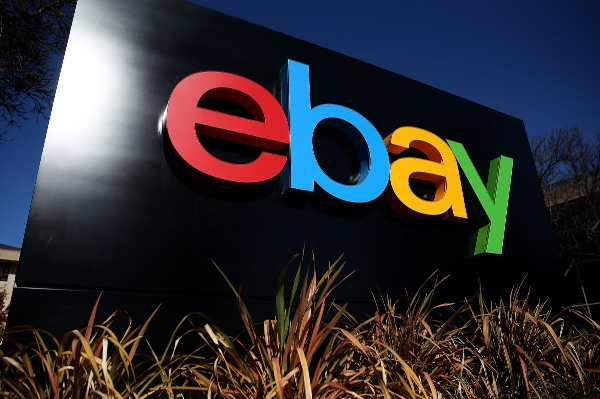
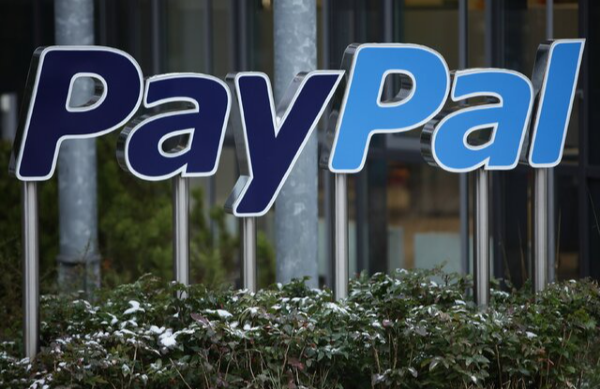





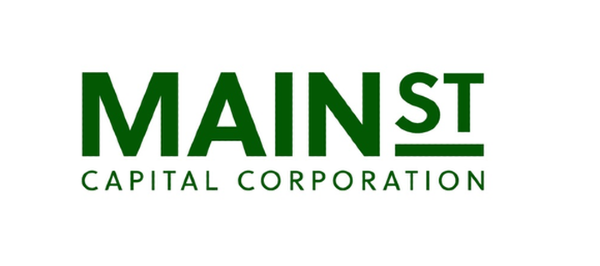

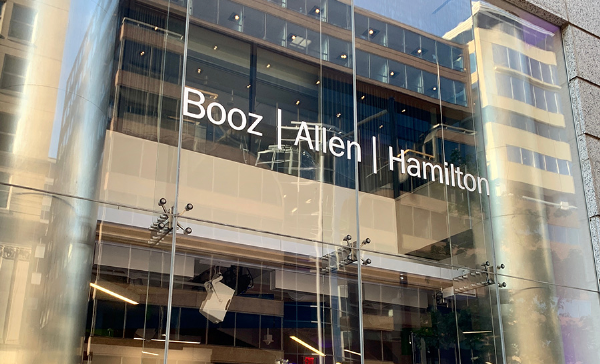

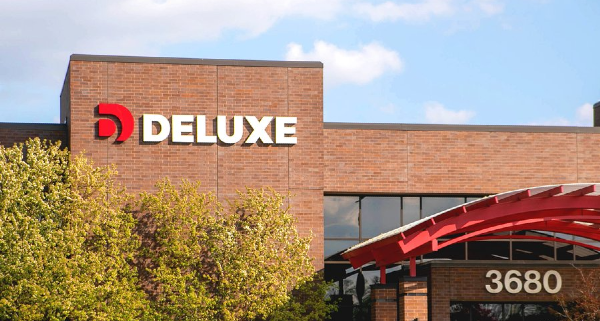



If you're a value-conscious investor seeking a reliable dividend payer, Kroger should be on your radar. In this article, we'll break down key points from a recent "Two-Minute Drill" by Chuck Carnival, co-founder of FastGraphs, to shed light on Kroger's fundamentals, valuation, and why it could be a smart addition to your investment portfolio.
Kroger’s Growth and Financial Health
Kroger is a prominent name in the food retail sector, demonstrating impressive historical growth rates. Since 2006, the company has maintained a growth rate exceeding 10%—a remarkable achievement for a retailer in this sector. Operating on a January fiscal year, Kroger holds a BBB credit rating, reflecting its stability despite a significant debt load.
Consistent Dividend Growth: A Key Highlight
For dividend investors, Kroger shines as a stellar example of consistent income generation. While its initial dividend yield may appear modest, the company's dividend growth has been extraordinary:
Such robust dividend growth illustrates the power of compounding and Kroger's ability to reward long-term shareholders generously.
Valuation and Earnings Insights
When evaluating Kroger, it's essential to consider its price-to-earnings (PE) ratio:
Currently, Kroger is trading at fair value, with an estimated growth rate of 7%. This makes it an attractive option for investors seeking a balance of growth and income in their portfolios.
Operating Cash Flow and Margins
Kroger’s ability to cover dividends with operating cash flow is another reassuring factor. Despite its low margins—averaging between 1.5% and 2%—the company's consistent revenue streams from frequent customer visits ensure steady cash flow and growth.
Why Kroger Could Be a Smart Buy
Kroger's track record of consistent dividend payments, fair valuation, and growth potential makes it a compelling choice for dividend and value investors alike. While low margins are a challenge in the grocery retail sector, Kroger’s robust fundamentals and resilience in a competitive market position it as a solid income-producing stock.
Final Thoughts
Whether you're a seasoned investor or just starting out, tools like FastGraphs can help you analyze companies like Kroger more effectively. As Chuck Carnival aptly puts it, "FastGraphs are the value investor's best friend."
If you're looking for a reliable dividend payer that's reasonably valued, Kroger deserves your attention. Stay informed, stay invested, and remember—long-term success starts with sound valuation principles.
For more insights into valuation and investing strategies, consider subscribing to FastGraphs. With its detailed analytics, you can make smarter investment decisions for the long haul.
Disclaimer: This article is for informational purposes only and does not constitute financial advice. Always consult a professional before making investment decisions.
https://youtu.be/Ld-OqKcGW1I?si=dbSwRQavPWnPmTJe